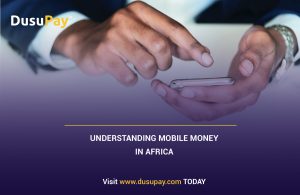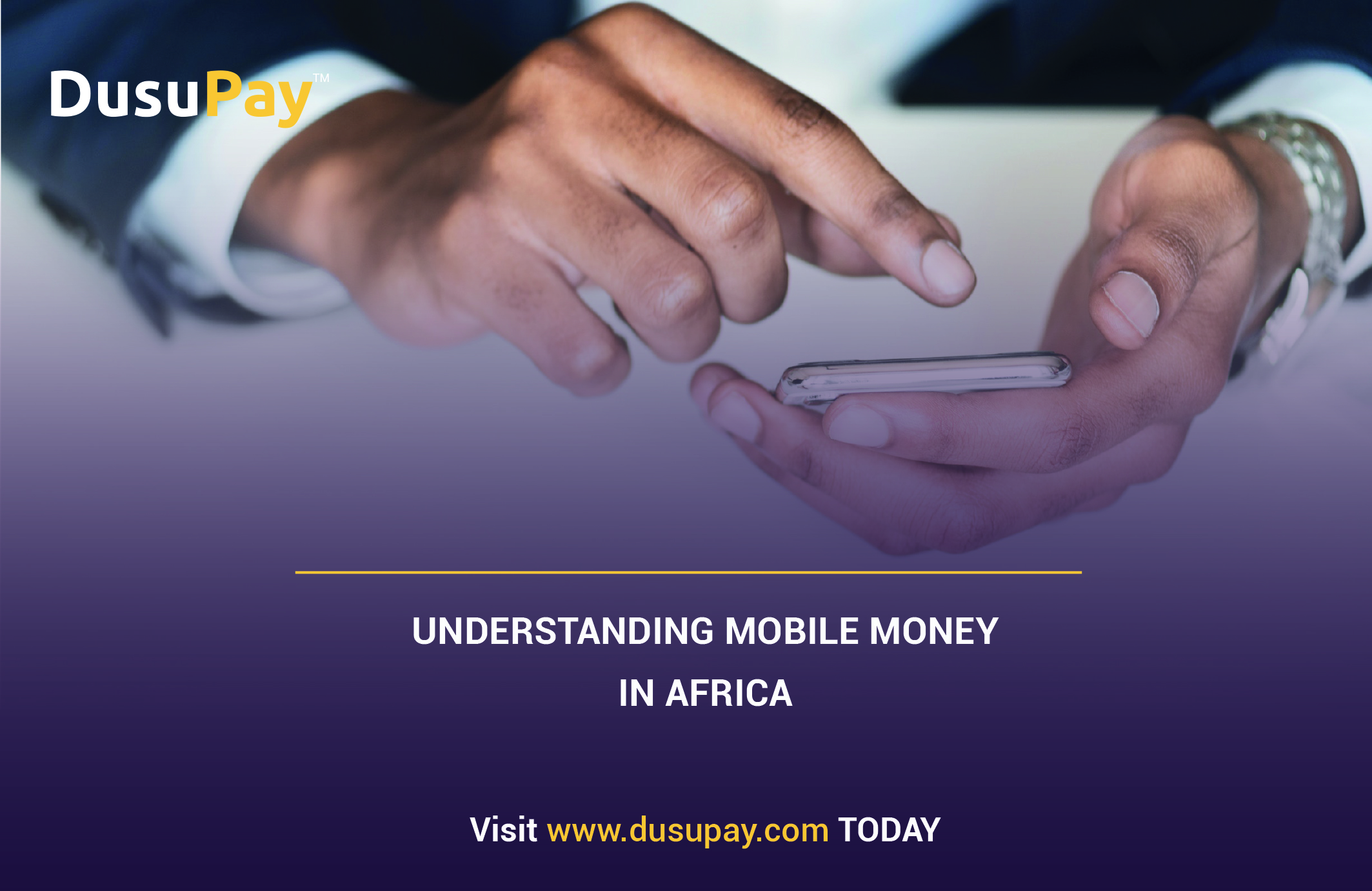 The world is made up of countless payment systems that range from those involving tangible money(fiat money) handling to those that move your money without you even laying a sight on the hard cash(digital money). Regardless of how its done, there is always one goal which is ensuring that money reaches the final destination as quickly and conveniently as possible.
The world is made up of countless payment systems that range from those involving tangible money(fiat money) handling to those that move your money without you even laying a sight on the hard cash(digital money). Regardless of how its done, there is always one goal which is ensuring that money reaches the final destination as quickly and conveniently as possible.
Technologically advanced continents such as Europe have card payments that are a popular phenomenon, a plastic card that one can carry wherever they go to make payments in restaurants, gas stations, malls; name it. – Africa on the other hand has mobile money as its popular way of sending, receiving funds and making payments within the respective economies.
Businesses from across the world have attempted to extend to Africa – many in vain because of the failure to understand and adapt with Africa’s ways. They instead force the locals to pay through cards which is a battle global businesses won’t win.
Much as these cards have attained a portion of the populace that actually love to use them, the majority are still putting their weight behind the mobile device induced payment system.
What is Mobile money
A mobile payments system based on accounts held by a mobile operator and accessible from subscribers’ mobile phones. This is done through converting cash into electronic value (and vice versa) which happens through the mobile agents endorsed by the respective telecommunication companies within the given country.
All the transactions are authorized and recorded in real-time using SMS to confirm whether money has been sent and money received as the primary roles played by mobile money although the systems have been upgraded to have the ability to pay bills, bank through your mobile phone and purchase airtime as some of the new things that mobile wallets are able to do in Africa.
African countries that use mobile money
| XOF | Benin | CFA franc |
| BWP | Botswana | Pula |
| XOF | Burkina Faso | CFA franc |
| BIF | Burundi | Burundi franc |
| XAF | Cameroon | CFA franc |
| XAF | Chad | CFA franc |
| CDF | Democratic Republic of the Congo | Congolese franc |
| EGP | Egypt | Egyptian pound |
| ETB | Ethiopia | Ethiopian birr |
| XAF | Gabon | CFA franc |
| GHS | Ghana | Ghanaian cedi |
| XOF | Guinea-Bissau | CFA franc |
| XOF | Ivory Coast | CFA franc |
| KES | Kenya | Kenyan shilling |
| LSL | Lesotho | Loti |
| LRD | Liberia | Liberian dollar |
| MGA | Madagascar | Malagasy ariary |
| MWK | Malawi | Malawian kwacha |
| XOF | Mali | CFA franc |
| MRO | Mauritania | Ouguiya |
| MUR | Mauritius | Mauritian rupee |
| MAD | Morocco | Moroccan dirham |
| MZN | Mozambique | Mozambican metical |
| NAD | Namibia | Namibian dollar |
| XOF | Niger | CFA franc |
| NGN | Nigeria | Naira |
| RWF | Rwanda | Rwandan franc |
| XOF | Senegal | CFA franc |
| SLL | Sierra Leone | Sierra Leonean leone |
| SOS | Somalia | shilling |
| ZAR | South Africa | South African rand |
| SDG | Sudan | Sudanese pound |
| SZL | Swaziland | Lilangeni |
| TZS | Tanzania | Tanzanian shilling |
| XOF | Togo | CFA franc |
| TND | Tunisia | Tunisian dinar |
| UGX | Uganda | Ugandan shilling |
| ZMW | Zambia | Zambian Kwacha |
How mobile money works
Mobile money keeps the owner’s funds in a secure electronic account linked to a mobile phone number. It is essential to check with your recipient to determine the right number before sending money.
For more information on the services available via mobile money in your country of interest, please check with the network service provider’s website or visit one of their client help branches.
Can businesses rely on Mobile money? – how secure is it
Money kept in a mobile money account is protected by local financial regulations, making it super reliable for businesses to move their funds through these platforms because of the credibility of the stakeholders involved i.e recognized networks and the authorities of the country.
It is advisable however that if your business is dealing with a third party in moving money through mobile money, make sure you assess the authenticity of the third party to avoid fraudsters and criminals.
Mobile money services store a record of every transaction and account balance, so even if the phone or SIM card is lost or stolen, the user’s money is kept safe.
Additionally, every transaction requires identification in the form of a secret PIN that you have to enter to access the funds therefore it is advisable that this PIN is known by one individual or a few trusted people to avoid inconveniences.
The impact of mobile money on business in Africa
Businesses have been the biggest group that has welcomed the mobile money concept in Africa with various success stories from several African countries showing just how much of an impact mobile wallets (mobile money accounts) have become.
Ghana is a very good case study of a market that has become increasingly dominated by mobile money. 61% of ecommerce sales in Ghana are now carried out with mobile money with MTN mobile money being the largest operator in the country. The presence of Airtel and Tigo ensure that there is no mobile money monopoly therefore the networks in the country are always thinking of how to make their systems better for the end user (people and businesses).
Shading more light on the matter can be done through comparison with the next most popular payment method in Ghana which is the “locally issued cards” – these cards capture only 15% of the market and largely suit the upper class yet the middle and lower classes are the majority.
Ghana is just a sample of the success story that mobile money has become all around Africa – the safe and easy electronic payments make Mobile money a popular alternative to bank accounts and cards. It can be used on both smartphones and basic feature phones.
How your business can work with mobile money across the entire African continent
Africa loves mobile money but the issue with it is how distinctly diverse it is across every border in Africa. Kenya has Mpesa, Tanzania has Tigo and Vodacom Mpesa, Rwanda has MTN mobile money, Ghana has Tigo and Airtel, Cameroon has Orange money.
Moving money across borders can be quite the challenge for businesses and individuals alike – the difference in networks can cause a lag in money transfer if one is not aware of how best to go about this in multiple countries.
DusuPay
Africa’s mobile money has been simplified by DusuPay; an online platform that enables businesses accept funds and make payments across Africa regardless of the country or type of mobile money in use. DusuPay bridges the gap that originally gave businesses headache by allowing them to accept payments from clients in various countries from mobile money to a different mobile wallet or their banks depending on one’s preference on how to receive. Life made a lot easier.
How DusuPay connects the various mobile wallets across the continent to suit businesses working in multiple countries
In order for one to be able to use these services across the different countries where DusuPay is available, one needs to have a merchant account with DusuPay.
How to be become a merchant with DusuPay
- Sign up through clicking here : Sign Up here
- Create a merchant account : Here is how to create a merchant account
- After all these processes have been cleared by our legal Department, you will go into your merchant account and create what is called Mobile Money “SUB ACCOUNTS” for each of the countries one would like to process funds to and from.
- Moving funds from the main merchant account to sub accounts will enable you make payouts to the clientele in these multiple countries.
We can help you set up your account, all you have to do is CLICK HERE
Using mobile money to streamline business across Africa.


